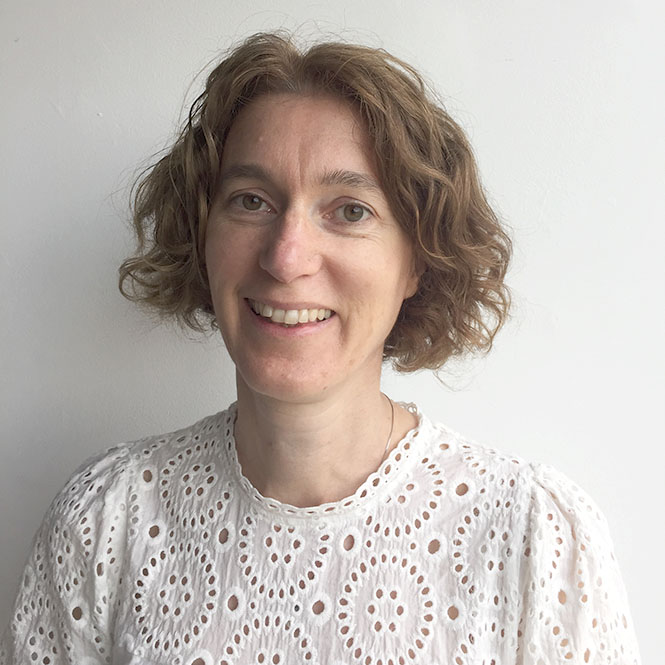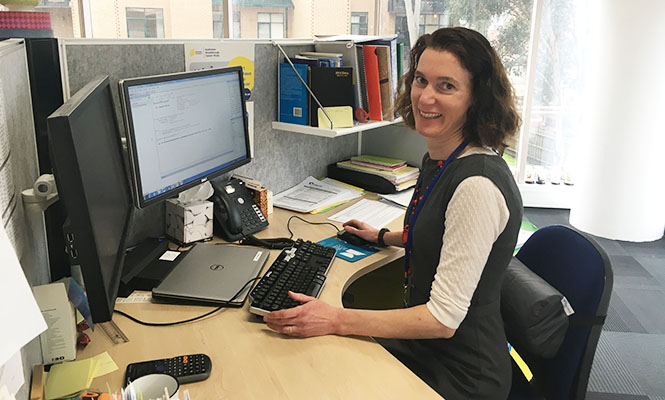
Dr Fiona Bruinsma is an epidemiologist with our Cancer Epidemiology Division. In 2020, her work focused on our large cohort, less common and low survival cancer studies, which continue to run because of your support.
What kind of research do you do?
I coordinate the Australian Breakthrough Cancer (ABC) Study and a number of studies investigating lifestyle and genetic risk factors for multiple myeloma, and kidney cancer and other less common cancers.
What did you work on in 2020?
My focus has been following-up participants in our ABC Study. Luckily, we've been able to do this while working remotely during the COVID-19 pandemic.
However, because of the pandemic our collection of faecal samples, which will be used to analyse the gut microbiome s, was disrupted. We had also planned to collect blood samples for more biomarker analysis, but we’ve had to delay that until 2021. We kept going with what we could do and have managed to advance this research despite the COVID-19 related disruptions.
My focus has also been on working with the team on data linkages and ensuring all our studies have the correct ethical approvals and that we’re managing participants’ data appropriately.

What work was done last year in less common cancers?
I'm also the chief investigator of the CONFIRM Study and we have a paper under review looking at the use of over-the-counter analgesic use (e.g paracetamol, aspirin and other non-steroidal anti-inflammatory drugs such as ibuprofen), and risk kidney cancer.
Two of our students have also been examining whether there is any association between statin use or alcohol consumption and kidney cancer.
Our Forgotten Cancers Project was set up to enable collaborative research on less common cancers. We've shared data collected through our project with a consortium looking at the link between genetics and pancreatic cancer, led by researchers at Johns Hopkins University and NCI in the US.
Our teams have also been examining the relationship between physical activity and risk of glioma and we have a PhD student work on the identification of risk factors for multiple myeloma.
"Our work can only happen thanks to our supporters, many of whom participate in our studies too. I encourage those who are participants in our studies to help by responding to any follow-up questions or request to provide samples, if asked. Thank you."